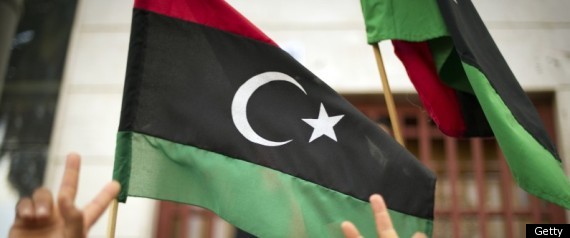 GENEVA -- The U.N. human rights office called Friday for an investigation into the death of ousted Libyan leader Moammar Gadhafi, noting that his death robbed his victims of a chance at "cathartic" justice in the courts.
GENEVA -- The U.N. human rights office called Friday for an investigation into the death of ousted Libyan leader Moammar Gadhafi, noting that his death robbed his victims of a chance at "cathartic" justice in the courts.Gadhafi was captured alive Thursday in his hometown of Sirte before shaky amateur footage showed rebel fighters standing over his bloodied body.
"We believe there is a need for an investigation," said Rupert Colville, a spokesman for the U.N. High Commissioner for Human Rights. "More details are needed to ascertain whether he was killed in some form of fighting or was executed after his capture."
"The two cell phone videos that have emerged, one of him alive, and one of him dead, taken together are very disturbing," he told reporters in Geneva.
A Libyan official said Friday that the burial of Gadhafi has been delayed until his death can be examined by the International Criminal Court – though it was not immediately clear if he was referring to a look at the dictator's body or a probe into what led to his death.
The U.N. Human Rights Council established an independent panel earlier this year to investigate abuses in Libya, and Colville said it would likely examine the circumstances of the 69-year-old leader's death.
He said it was too early to say whether the panel – which includes Canadian judge Philippe Kirsch, the first president of the International Criminal Court – would recommend a formal investigation at the national or international level.
"The dust hasn't settled yet," Colville told The Associated Press when asked if Libya was capable of conducting an independent probe into the death.
"You can't just chuck the law out of the window," he added. "Killing someone outside a judicial procedure, even in countries where there is the death penalty, is outside the rule of law."
Colville said the victims of Gadhafi's despotic 42-year-rule deserved to see proper judicial procedures followed and perpetrators of abuses brought to trial. "It can be a rather cathartic exercise as well as being a fundamental tenet of rule of law," he said.
"Of course there are many others apart from Col. Gadhafi, so there may at least be some kind of court proceedings where we do all learn what happened and who is responsible."

No comments:
Post a Comment